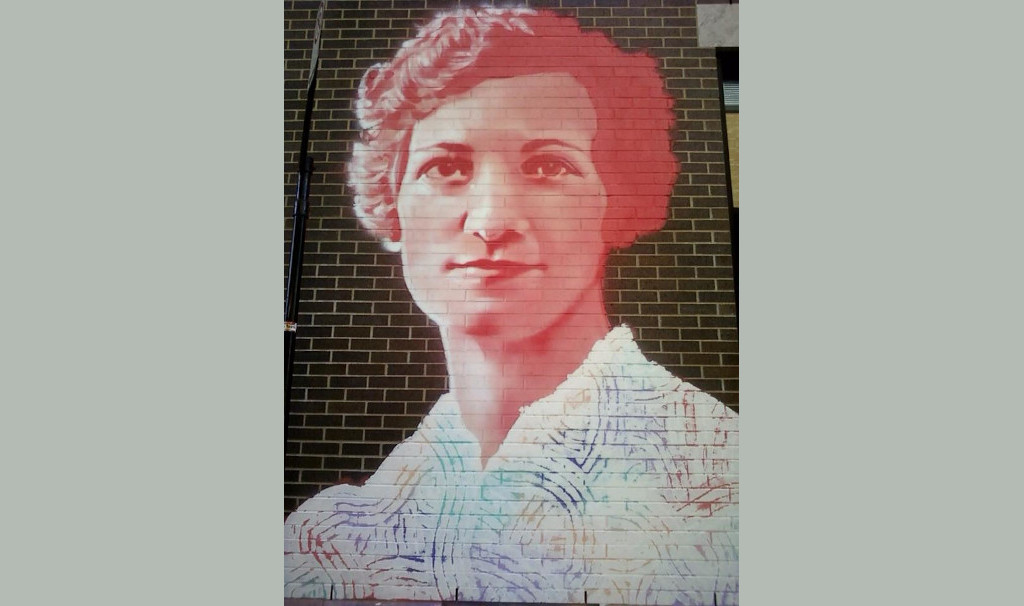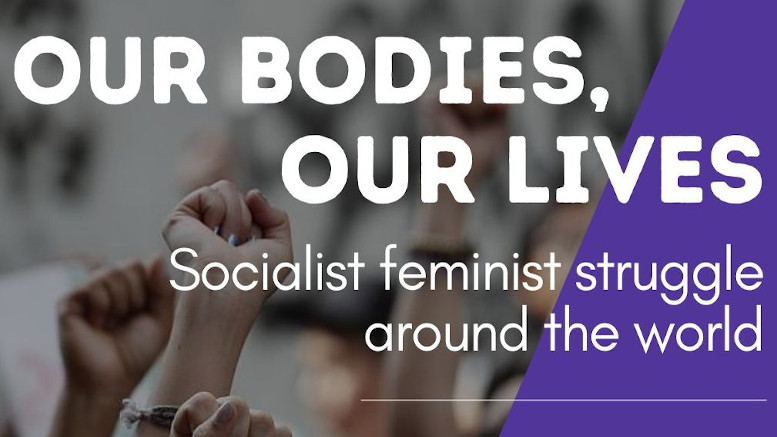Frédéric Collin is a member of Alternative Socialiste (CWI in Quebec).
Quebecois militant, trade unionist, socialist and feminist pioneer Lea Roback was born in Montreal in 1903 of Jewish immigrant parents. She was raised in Beauport, near Quebec City, where her family owned a general store, and returned to Montreal in 1915. Coming from a family where culture was highly valued, Lea gave evidence as a 20-year old woman of her willful nature and sense of adventure: she moved to New York, then registered with the University of Grenoble in 1926 before joining her brother in Berlin in 1929. With fascism in full fury, Roback experienced a political awakening and joined the German communist movement. Because of her political work, Roback was forced to flee Germany in 1932. After a period in the USSR, she resumed residency in Montreal in 1935, when she joined the Canadian Communist Party. Roback became involved in the defense of the unemployed with fellow Communist Party member, physician Normand Bethune, through the group Solidarité féminine (Women’s Solidarity). Later that year, the party assigned Roback the task of managing the first Marxist bookstore in Montreal, The Modern Bookshop. In 1937, Quebec Premier Maurice Duplessis enacted the “Act to Protect the Province Against Communistic Propaganda”, popularly known as the “Padlock Law” in order to attack communists. As a result, Lea Roback became the object of a police witchhunt and countless searches. Later that year, Roback together with Rose Pesotta, became the prime movers of the Boulevard St-Laurent textile strike, known as the strike of the “midinettes”, a popular nickname given to the female textile workers who converged at noon on local luncheonettes to get a quick meal before heading back to work. In 1942, Roback unionized the RCA Victor company in St-Henri, 40% of whose 400 workers were women. Despite her organizing skills, Roback refused to accept a permanent position with the union, preferring to remain at the base with other workers. Roback became a political organiser for the Communist Party candidate Fred Rose in the Cartier riding on the Plateau Mont-Royal of Montreal. In 1943 Rose was elected on the ballot of the Progressive Workers Party (Parti ouvrier progresiste), given the 1941 ban on the Canadian Communist Party by provincial authorities. Over the course of the following decades, Roback became involved in the feminist movement, particularly with the collective “A Woman’s Voice” (La Voix des femmes), together with Madeleine Parent, Theresa Casgrain and Simone Monet-Chartrand. She was also active in the struggles against the war in Vietnam and South African apartheid. Roback died in an accident on August 28, 2000. Her memory is kept alive by the Lea Roback Foundation, the Lea Roback Centre of Montreal as well as the Maison Parent-Roback in Old Montreal. A documentary about Roback’s life called “Lights Against the Great Darkness” was made in 1991. Roback was knighted by the National Order of Quebec in 2000. There are streets dedicated to Roback in the working class quarter of Saint-Henri, as well as in Beauport (now part of Quebec City). A mural commemorating Roback was created on Saint-Dominique Street, just north of Mont-Royal, in 2014. Politically active up to her death, this courageous militant, resolutely feminist, socialist, continues to inspire new generations of organisers.



